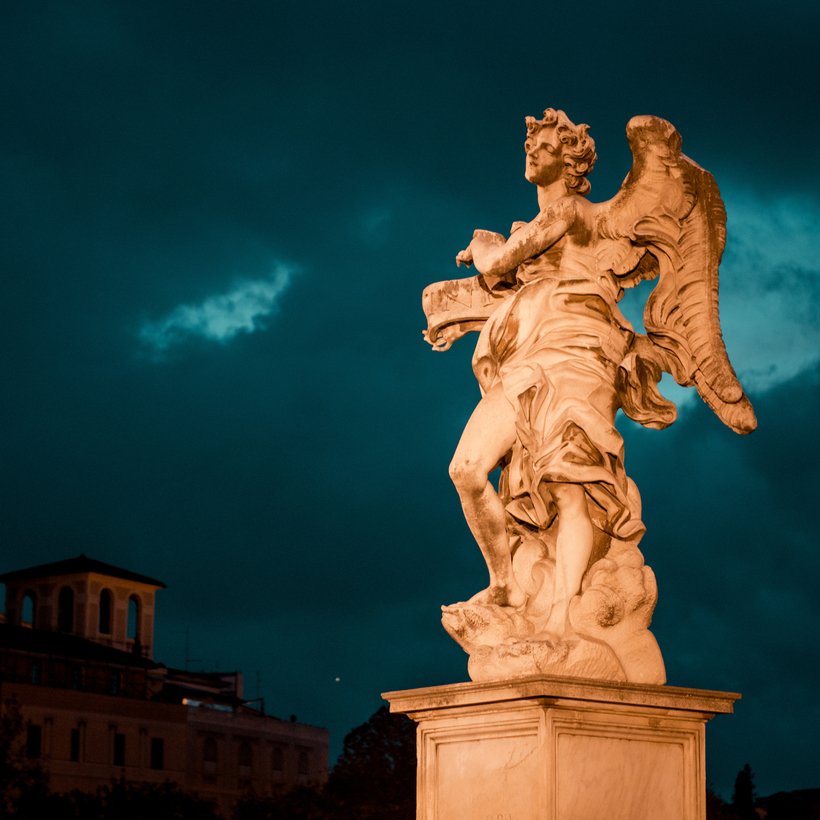There are magicians who practice sleight of hand, and then there are novelists who do the same with words, and no one does that trick better than Jess Walter. His fans include Barack Obama, and whether he is writing about the making of Cleopatra (Beautiful Ruins), a two-bit crook (Citizen Vince), or a pair of brothers during a strike in Spokane (The Cold Millions), Walter never fails to amaze. He is also a wizard at conjuring short stories, with his most recent collection, The Angel of Rome, published this year. Along with Steph Cha, he edited the 2022 collection of Best American Mystery and Suspense.
JIM KELLY: In your latest book of short stories, the title piece, “The Angel of Rome,” has a line that I think sums up so much of what animates your fiction: “This is the problem with living in fantasies; we so often fail to account for ourselves being in them.” And this observation by the character Jack Rigel is prompted by the sleeves on his beloved leather jacket being too big. Your empathy for your characters and how they handle the improbable circumstances they find themselves in is quite winning. What inspired “The Angel of Rome,” which by the way has a hilarious scene of mistranslated courtship worthy of Kingsley Amis?

